World faces largest humanitarian crisis since 1945, says UN
Sun 12 Mar 2017, 11:41:19
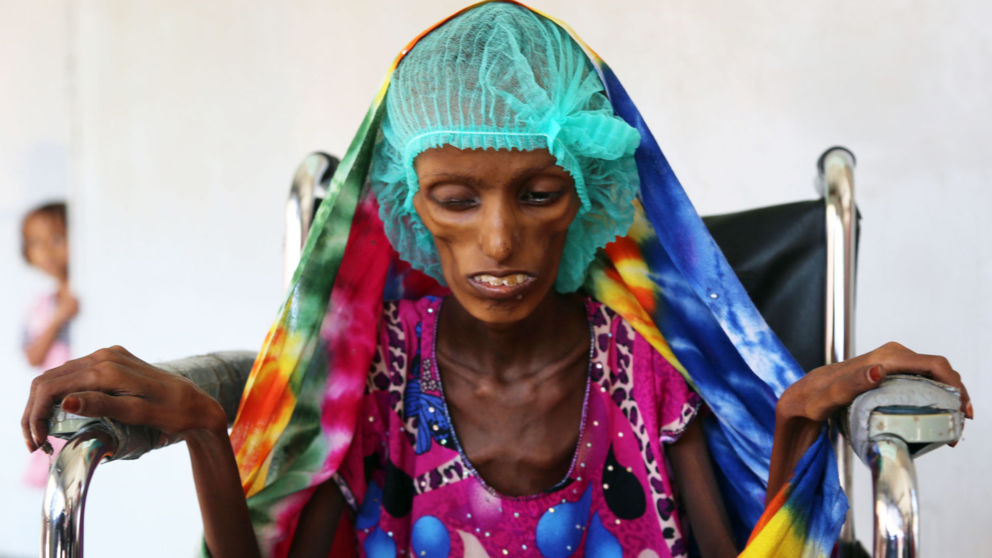
The UN says over 20 million people across four countries are facing starvation and £3.6bn is needed "to avert a catastrophe".
The world faces the largest humanitarian crisis since the United Nations was founded in 1945, the UN's humanitarian chief has warned.
The world faces the largest humanitarian crisis since the United Nations was founded in 1945, the UN's humanitarian chief has warned.
Stephen O'Brien told the UN Security Council that over 20 million people in Yemen, South Sudan, Somalia and northeast Nigeria are facing starvation and famine.
He said that "without collective and coordinated global efforts, people will simply starve to death" and "many more will suffer and die from disease".
He urged an immediate injection of funds for the four countries plus safe and unimpeded access for humanitarian aid "to avert a catastrophe".
"To be precise, we need $4.4bn (£3.6bn) by July," said Mr O'Brien.
Without the money, he said, children will be stunted by severe malnutrition, gains in economic development will be reversed and "livelihoods, futures and hope will be lost".
Without the money, he said, children will be stunted by severe malnutrition, gains in economic development will be reversed and "livelihoods, futures and hope will be lost".
UN and food organisations define famine as when more than 30% of children under the age of five suffer from acute malnutrition and mortality rates are two or more deaths per 10,000 people every day, among other criteria.
Mr O'Brien said the largest humanitarian crisis is in Yemen where two-thirds of the population - 18.8
million people - need aid and more than seven million people are hungry.
The Arab world's poorest nation is engulfed in conflict and the UN says more than 48,000 people have fled fighting just in the past two months.
million people - need aid and more than seven million people are hungry.
The Arab world's poorest nation is engulfed in conflict and the UN says more than 48,000 people have fled fighting just in the past two months.
South Sudan, the world's newest nation, has been ravaged by a three-year civil war and more then 7.5 million people are in need aid.
"The famine in South Sudan is man-made," said Mr O'Brien. "Parties to the conflict are parties to the famine - as are those not intervening to make the violence stop."
In Somalia more than half the population - 6.2 million people - need humanitarian assistance, including 2.9 million who are at risk of famine and require immediate help "to save or sustain their lives".
In Somalia more than half the population - 6.2 million people - need humanitarian assistance, including 2.9 million who are at risk of famine and require immediate help "to save or sustain their lives".
"What I saw and heard during my visit to Somalia was distressing - women and children walk for weeks in search of food and water. They have lost their livestock, water sources have dried up and they have nothing left to survive on," Mr O'Brien said.
In northeast Nigeria, a seven-year uprising by the Islamic extremist group Boko Haram has killed over 20,000 people and driven 2.6 million from their homes.
A UN humanitarian coordinator said that malnutrition in the northeast is so pronounced that some adults are too weak to walk and some communities have lost all their toddlers.
No Comments For This Post, Be first to write a Comment.
Most viewed from International
Most viewed from World
AIMIM News
Latest Urdu News
Most Viewed
May 26, 2020
Should there be an India-Pakistan cricket match or not?
Latest Videos View All
Like Us
Home
About Us
Advertise With Us
All Polls
Epaper Archives
Privacy Policy
Contact Us
Download Etemaad App
© 2026 Etemaad Daily News, All Rights Reserved.


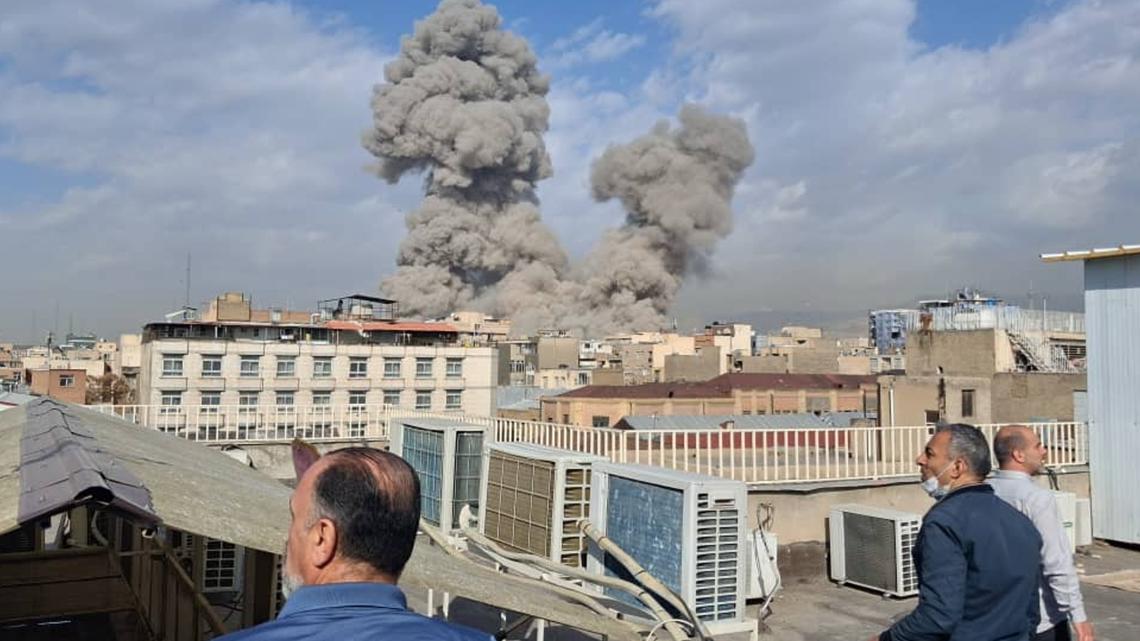
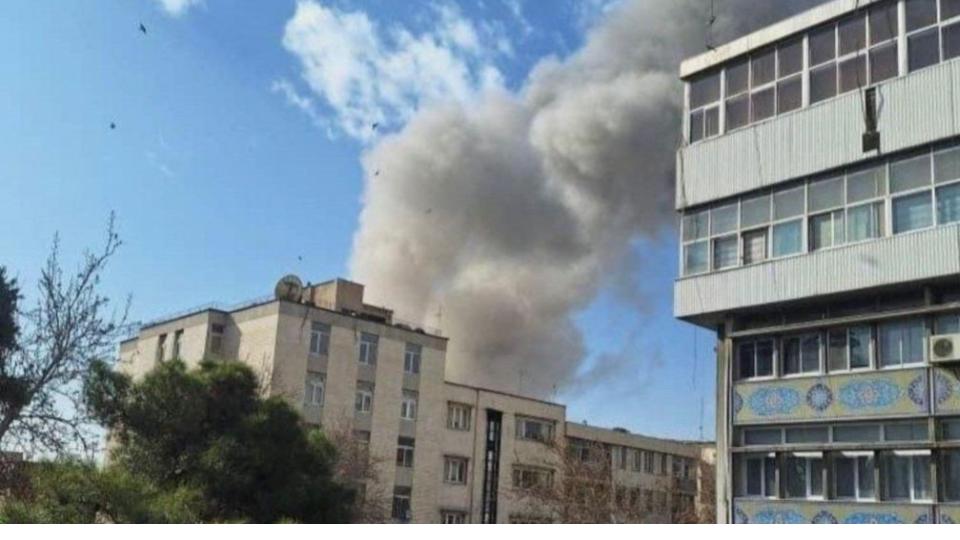

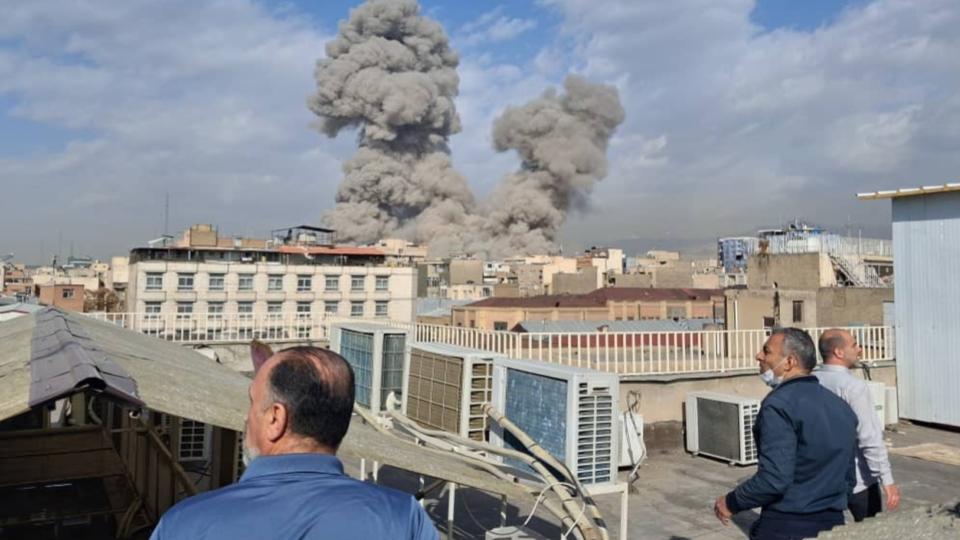


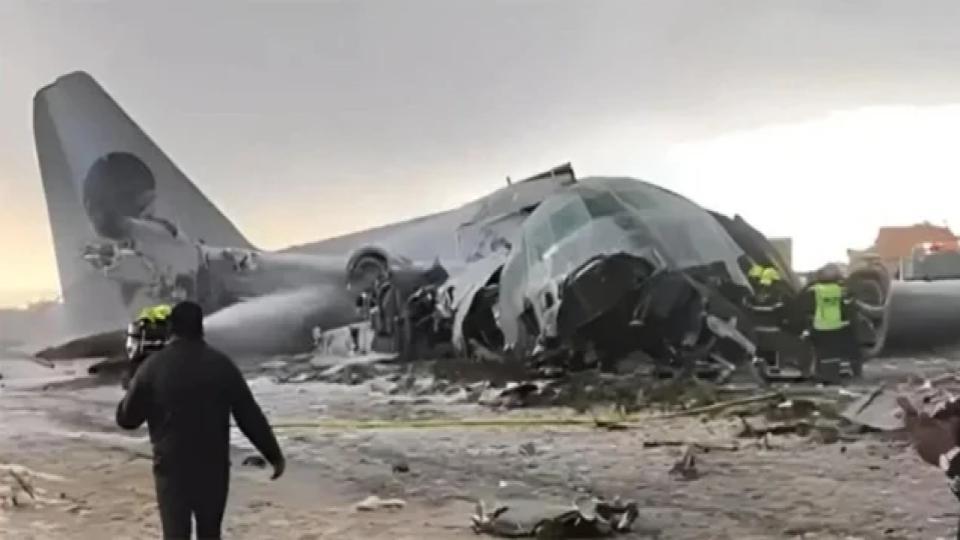


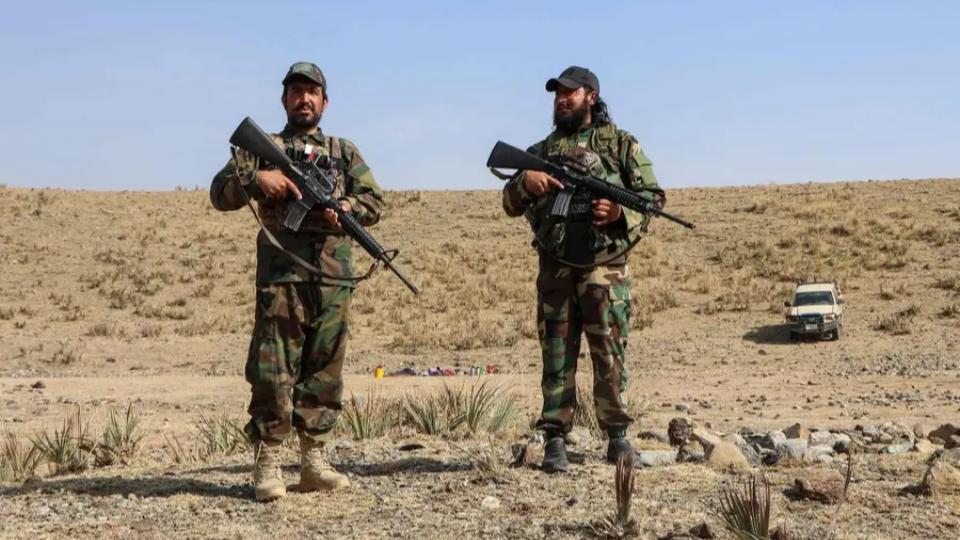




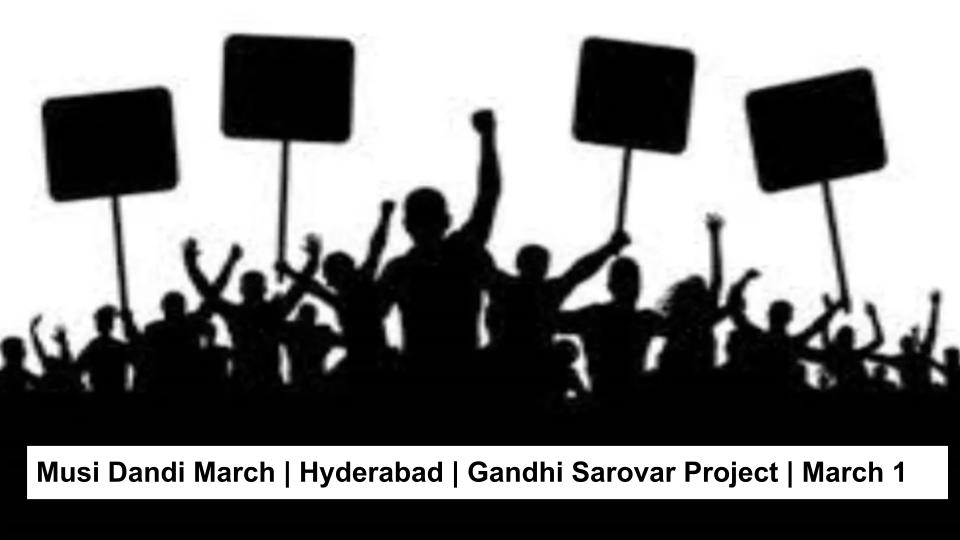
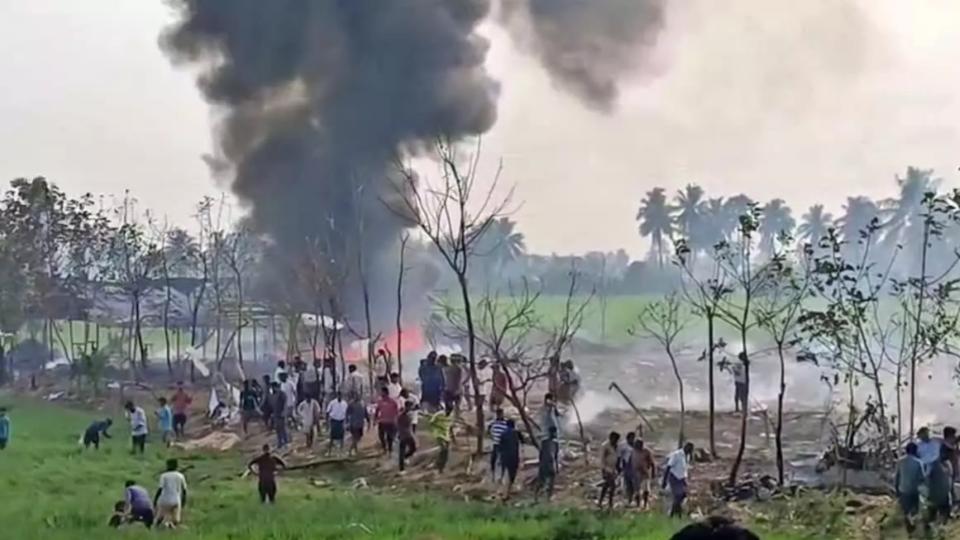
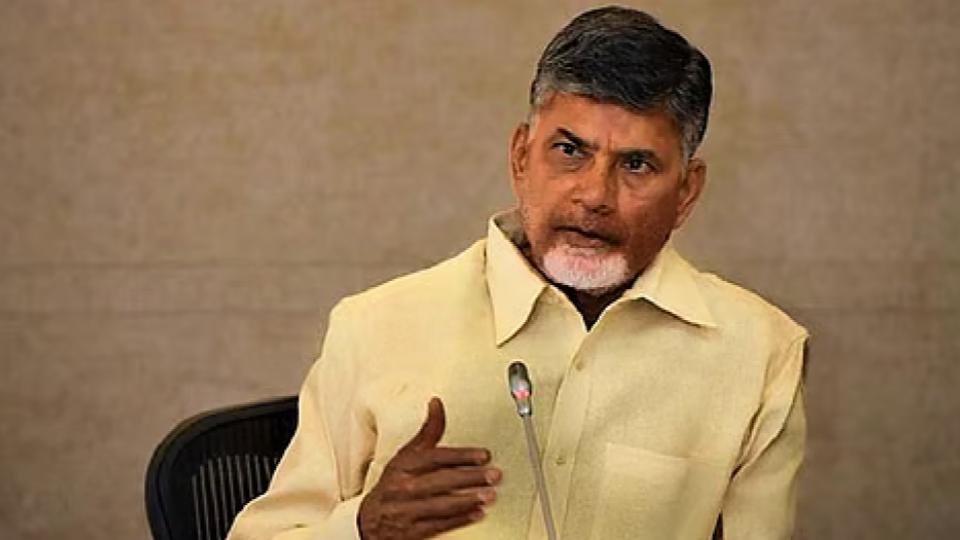
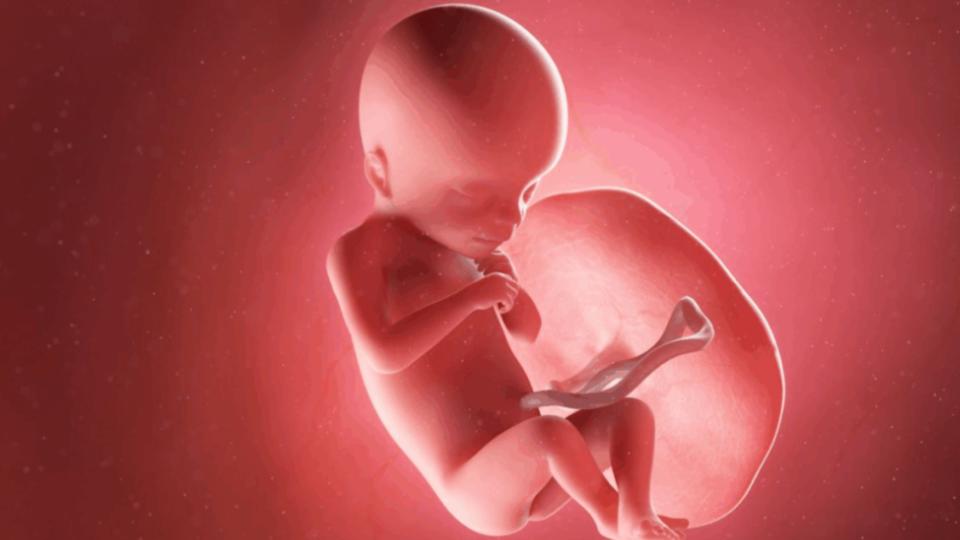
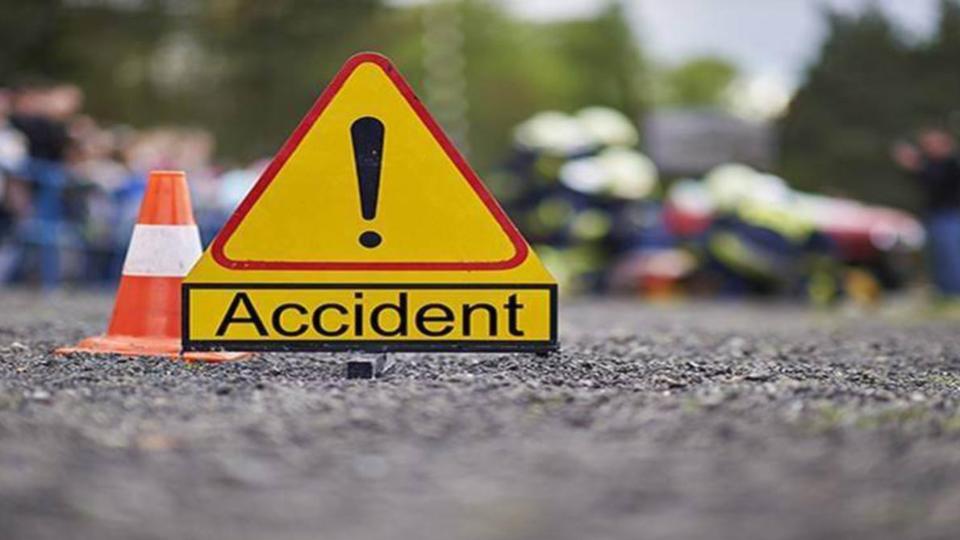



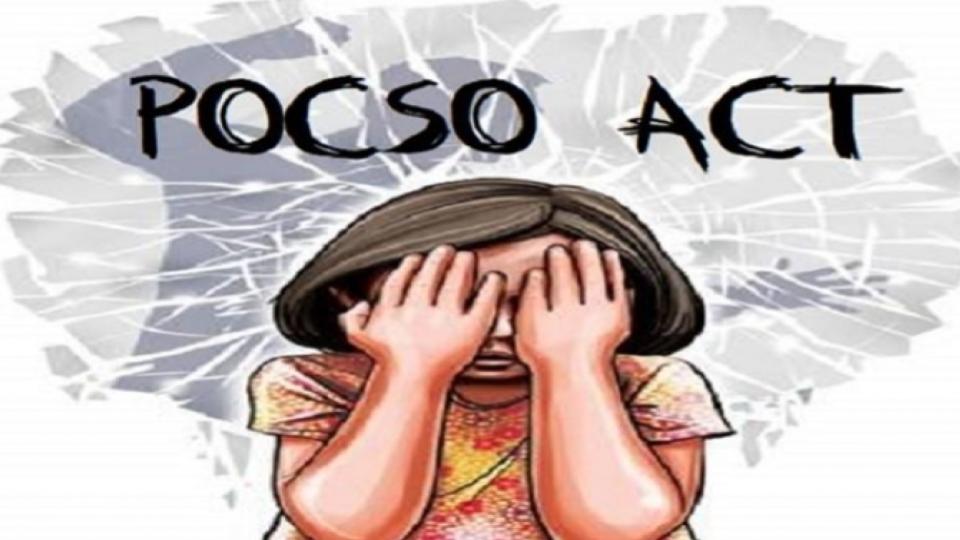












.jpg)
.jpg)
.jpg)


